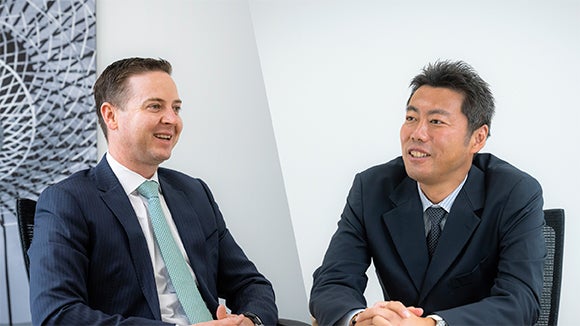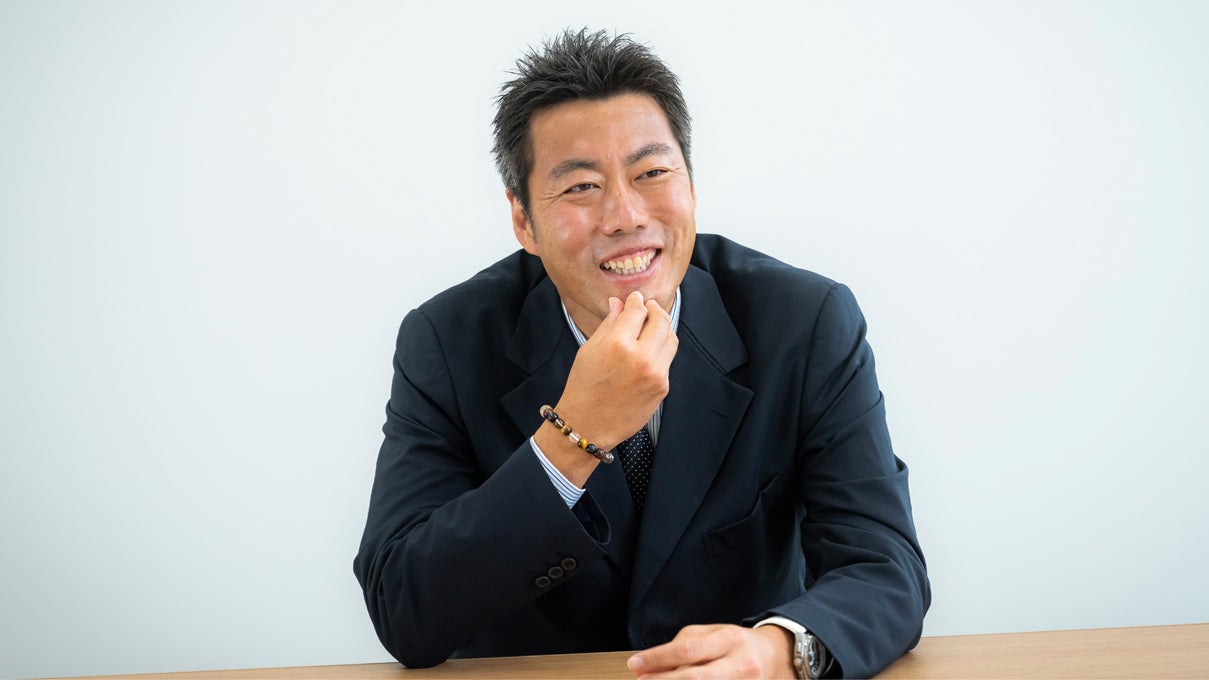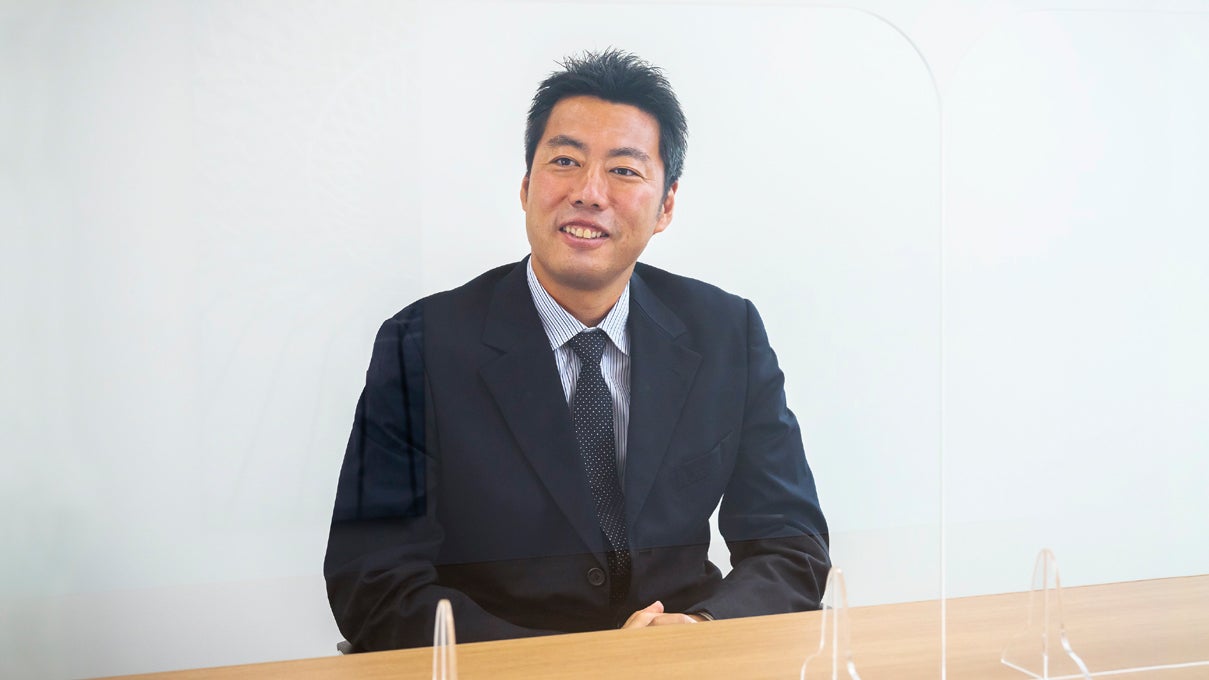ja
経理/財務
経理/財務分野についてご紹介します。
メーカー(電気/電子/機械)
メーカー(電気/電子/機械)分野についてご紹介します。
ヘルスケア
ヘルスケア分野についてご紹介します。
人事
人事分野についてご紹介します。
金融
金融分野についてご紹介します。
法務/コンプライアンス
法務/コンプライアンス分野についてご紹介します。
マーケティング
マーケティング分野についてご紹介します。
サプライチェーン/物流/購買
サプライチェーン/物流/購買分野についてご紹介します。
営業
営業分野についてご紹介します。
IT
IT分野についてご紹介します。
税務/監査保証
税務/監査保証分野についてご紹介します。
エネルギー
エネルギー分野についてご紹介します。
デジタル
デジタル分野についてご紹介します。
リテール/小売
リテール/小売分野についてご紹介します。
化学
化学分野についてご紹介します。
自動車
自動車分野についてご紹介します。
秘書/ビジネスサポート
秘書/ビジネスサポート分野についてご紹介します。
M&A アドバイザリー & コンサルティング
M&A アドバイザリー & コンサルティング分野についてご紹介します。
採用担当者
当社は各企業のニーズに合った迅速かつ効率的な採用ソリューションを提供しており、国内のグローバル企業からベンチャー企業まで、さまざまな企業より高い信頼を獲得しています。各種サービスやリソースをぜひご覧ください。
詳しく見る
当社のストーリー
当社の歴史やミッション・価値観をご紹介します。
投資家情報
ロバート・ウォルターズ・グループの最新の投資家情報をご覧いただけます。
当社のアプローチ
当社の強みをご紹介します。
パートナーシップ
当社がパートナーシップを結んでいる人々や組織についてご紹介します。
多様性、平等性、インクルージョン
多様性や平等性が大切にされ、すべての人が尊重される環境作りのために当社は取り組んでいます。
ロバート・ウォルターズ・グループ
当グループは、スペシャリストに特化したグローバル人材紹介事業を展開しています。
企業と転職者ストーリー
ロバート・ウォルターズは「企業」そして「働く人」のストーリーを大切にしています。
ESG・社会貢献への取り組み
当社はESG活動を通して世界中の人々や環境に貢献しています。
求人
各業界のスペシャリストがあなたの声に耳を傾け、国内のグローバル企業からベンチャー企業まで、さまざまな企業にご紹介します。共にキャリアの新たな一章を開きましょう。
求人を見る
転職希望者
理想のキャリアを築くために、当社のサービスや各種コンテンツをお役立てください。
詳しく見る
採用担当者
当社は各企業のニーズに合った迅速かつ効率的な採用ソリューションを提供しており、国内のグローバル企業からベンチャー企業まで、さまざまな企業より高い信頼を獲得しています。各種サービスやリソースをぜひご覧ください。
詳しく見る
お役立ちコンテンツ
採用担当者や転職希望者の方に向けた最新情報や市場トレンド、アイデアをお届けします。
すべて見る
会社概要
ロバート・ウォルターズは「企業」そして「働く人」のストーリーを大切にしています。
詳しく見る.png)




